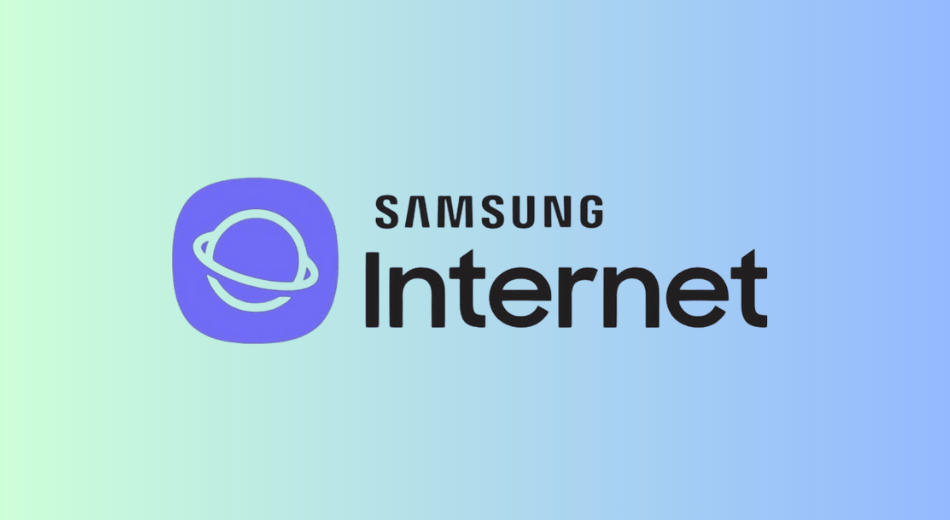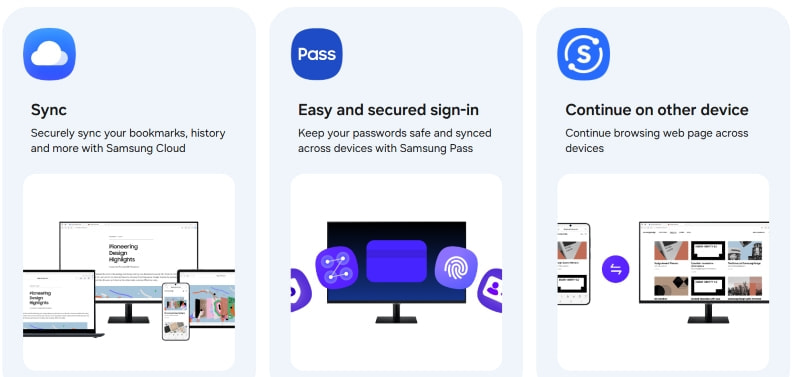
Samsung has released a beta version of its mobile browser for Windows PCs, marking the first time Samsung Internet is available beyond smartphones and tablets.
This move expands the company’s Galaxy ecosystem to desktop, with AI-powered features and cross-device syncing.
Samsung on the desktop
The beta launch of Samsung Internet for PC is initially available for Windows 10 and Windows 11 users in the United States and South Korea. The desktop version allows seamless synchronization with Samsung smartphones, providing continuity across devices for shared bookmarks, browsing history, and Samsung Pass credentials. Users logged into the same Samsung account on both devices can resume browsing sessions across devices, enabled by Wi-Fi, Bluetooth, and a feature called “Continue apps on other devices.”
Developed by Samsung Electronics’ Mobile eXperience (MX) business, the PC browser is positioned as a key pillar in the company’s long-term vision for ambient AI. Users logged into their Samsung accounts can take advantage of Galaxy AI features such as Browsing Assist, which provides webpage summaries and on-the-fly translation.
Samsung Internet for PC builds on the browser’s mobile popularity, especially among Galaxy device users. On Android, Samsung Internet has served as a lightweight alternative to Chrome, preinstalled on Galaxy smartphones and tablets. With the PC launch, Samsung aims to unify its browsing experience across screens and make its AI services more ubiquitous.

Privacy trade-offs
Despite marketing the browser as secure and privacy-conscious, Samsung’s US Privacy Notice for the new service paints a more complex picture, particularly for those wary of cross-platform tracking.
For Windows users, the browser collects extensive data by default or with user consent, including:
- Device identifiers, system settings, and app usage data
- Hashed URLs of visited websites (to detect malicious sites)
- Search box keystrokes (when the suggestions feature is enabled)
- Diagnostic crash reports and system logs (with consent)
- Precise geolocation for weather updates (with separate consent)
Samsung may share this data with its subsidiaries, affiliates, service providers, and, in cases involving law enforcement or public safety, government authorities. Some features also rely on third-party APIs such as Google’s Geolocation API, which involves further sharing of location data with external entities.
Additionally, the browser supports ad personalization through Samsung’s Customization Service on Android, which can track browsing history if the user opts in. While this feature is not enabled by default on PC, the infrastructure for cross-device data analysis is firmly in place. Notably, Samsung states the browser does not respond to “Do Not Track” signals, and cookie collection can only be limited through manual user settings.
For minors under 18, a separate Samsung Internet Privacy Notice for Minors applies. It offers additional transparency and protections, though limitations on data collection for users under 13 are only partially enforced, depending on feature activation and parental oversight.
Users interested in trying the desktop version of Samsung Internet can join the beta from here.







Can you guys review Ente Auth and Ente Photos? Love you guys! Been a reader since RestorePrivacy I don’t know how many years back.
Hey John, yes, likely after the holidays.
Thanks! can you guys also review Psylo Browser and Obscura VPN once they come out for Android?